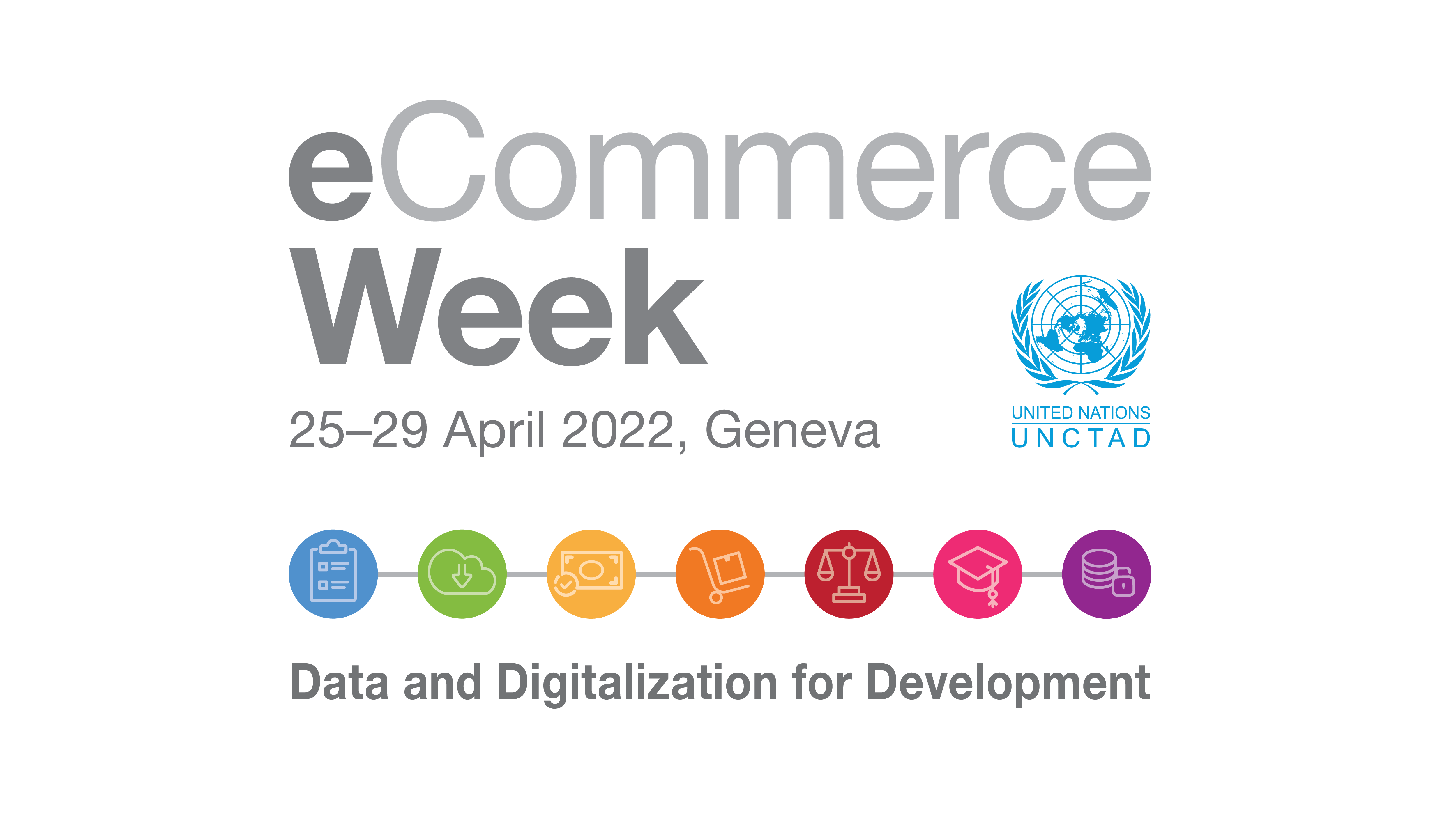Integrating the digital economy – global, regional, and national initiatives
25 Apr 2022 17:00h - 18:00h
Event report
Ms Emma Boland (First Secretary, Australia) opened the session by saying that the COVID-19 pandemic has demonstrated the importance of digital technologies to the global economy and we have a multitude of national, regional, and international e-commerce initiatives to help governments, businesses, and consumers, including developing and least developed countries to maximise benefits of e-commerce and also address various challenges associated with digital transformation.
Ms Mary Hallward-Driemeier (Senior Economic Adviser in the Finance, Competitiveness & Innovation (FCI) Global Practice at the World Bank Group) underscored the importance of digital change and the potential for broadening digital trade and services around the world. The use of digital trade and tools increased considerably, when the COVID-19 crisis hit, everybody was hit hard but in terms of recovery, those who were able to take advantage of digital tools managed to recover much faster, while at the same time many were able to grow. Digital services are extremely important in in Sub-Saharan Africa and Southeast Asia, as they helped these countries catch up. According to Hallward-Driemeier, this is the area that absolutely deserves a lot of attention. Furthermore, she pointed out that while we are stressing the importance of having access to ICT, it is not enough to get the economic benefit. A much more complex approach is needed.
Mr Mahesh Uttamchandani (Practice Manager, World Bank Group) touched upon cross-border payments and the challenges and opportunities for developing markets in this area. Uttamchandani explained that, for instance, people living in OECD countries do not spend time thinking about how payments work, either domestically or cross-border. However, for most of the world, this is a very complex area. We have 1.7 billion people globally who have no access to any kind of financial service or instrument, while most of these people are women. We have seen that emerging markets and developing countries are integrated into global value chains, making the importance of international cross-border payments even more acute. According to Uttamchandani, one of the most critical issues is the cross-border flow of remittances, which serves over a billion people in emerging markets in developing economies. We also think about providing incentives for the private sector to spend the digital payments at the domestic level, which will then be linked to the international and cross-border remittances framework. It is important to make sure we understand that cross-border payments are largely driven by the functionality of the domestic payment framework. In Albania, for instance, remittances account for 10 per cent of total GDP and the World Bank has worked with the Albanian authorities to transpose EU payment service regulations to Albania. These reforms are expected to enable the entrance of new types of payment providers that can bring in new products.
Mr Martín Molinuevo (Senior Counsel, World Bank Group) highlighted that international negotiations, especially at the multilateral level, are certainly important to set up global rules of the game. The World Bank has been advocating for developing countries to engage more in these negotiations. However, low-income countries are still very underrepresented in these negotiations, and it is vital that they have a greater representation in them. The World Bank has a very active agenda for supporting developing countries, also with regards to the impact of these trade agreements on domestic industries. Molinuevo informed about capacity development programmes related to digital trade and negotiations in general. Furthermore, the World Bank has been active in supporting many developing countries in the implementation of trade agreements. According to Molinuevo, trade agreements are not the only relevant instruments for digital trade. In this sense, soft law should not be overlooked. Trade agreements are central to digital trade – and will remain and expand, but we should not forget about the complementarity of other equally relevant digital trade instruments.
By Kristina Hojstricova
Related topics
Related event

